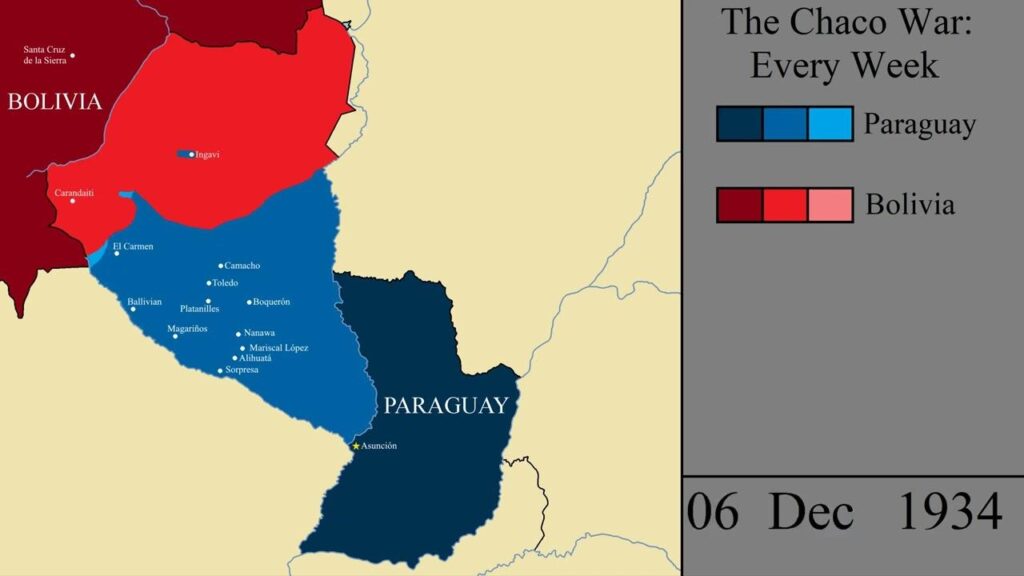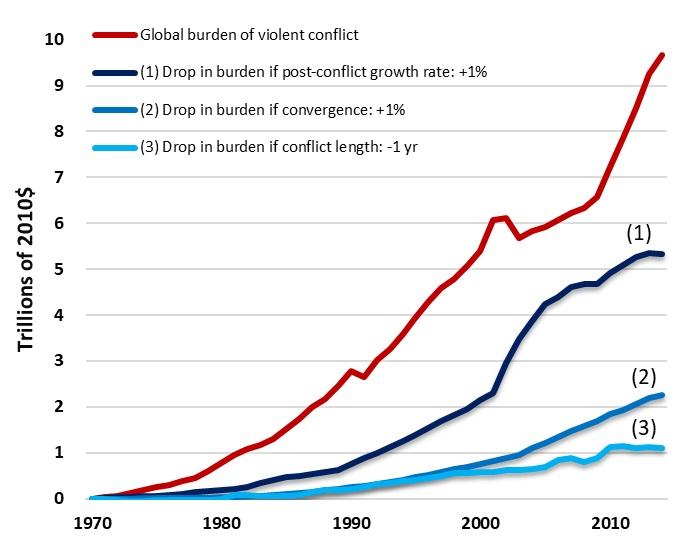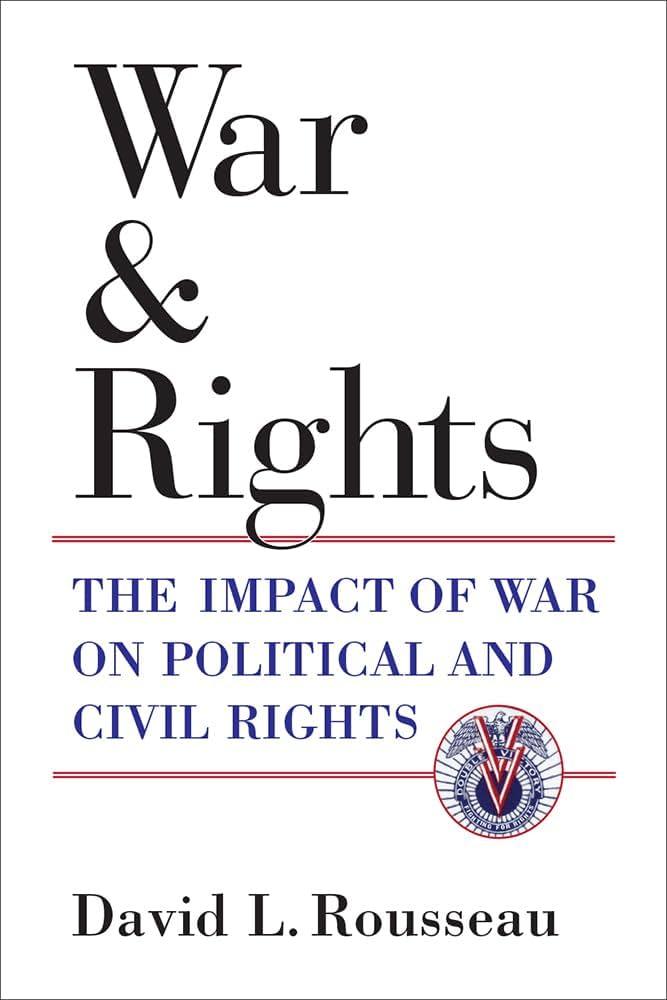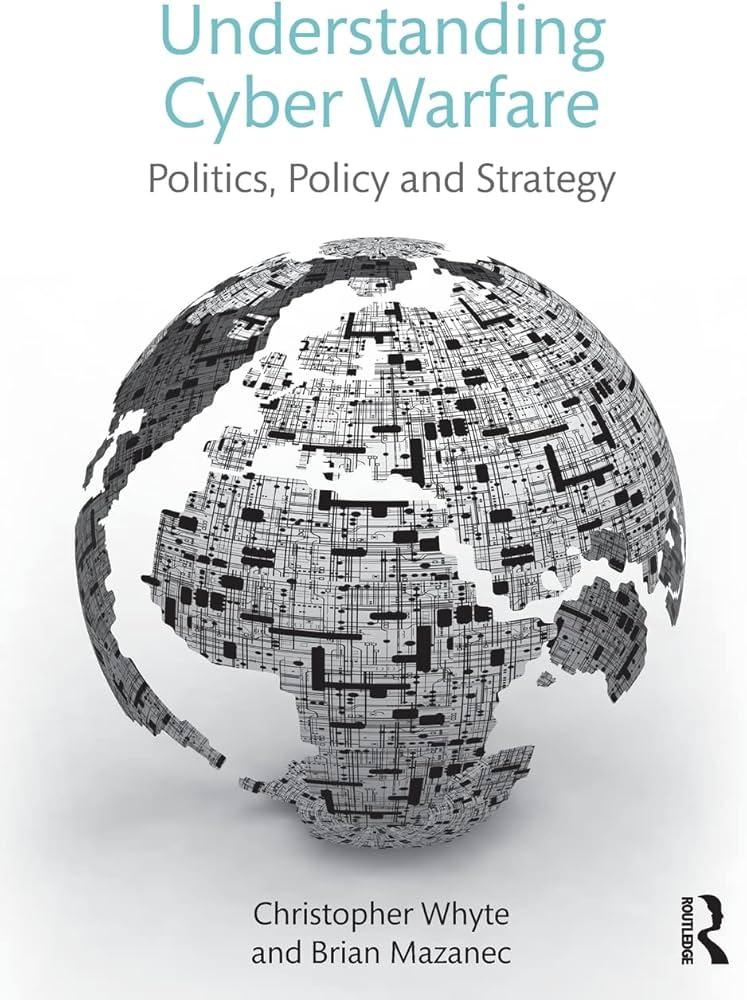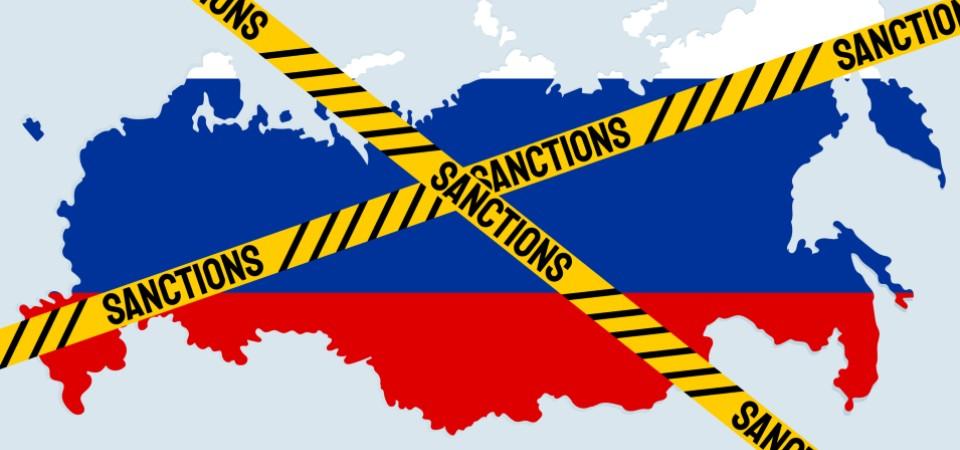War crimes have long been a dark stain on human history, leaving behind stories of devastation, suffering, and injustice. Yet, in an increasingly interconnected world, understanding what constitutes a war crime—and how international law seeks to prevent and punish these acts—is more important than ever. This guide dives into the complex framework of international law surrounding war crimes, breaking down key concepts, notable cases, and the mechanisms in place to hold perpetrators accountable. Whether you’re a student, a global citizen, or simply curious, join us as we explore the crucial efforts to uphold humanity even amid conflict.
Table of Contents
- Defining War Crimes and Their Impact on Global Justice
- Key International Laws Governing War Crimes and Accountability
- Challenges in Investigating and Prosecuting War Crimes
- Practical Steps for Strengthening Enforcement and Victim Support
- Concluding Remarks
Defining War Crimes and Their Impact on Global Justice
War crimes represent some of the gravest breaches of international law, committed during armed conflicts that disrupt the fragile fabric of humanity. They encompass acts such as willful killing, torture, taking hostages, and targeting civilians—offenses that shock the conscience and challenge the rule of law globally. These violations not only cause immediate suffering but also erode the trust in basic human rights protections, creating a volatile environment that hinders reconciliation and peace-building efforts long after the weapons have fallen silent.
Addressing war crimes is critical to advancing global justice, as it ensures accountability and deters future atrocities. International tribunals and courts, such as the International Criminal Court (ICC), play a pivotal role in prosecuting offenders, reinforcing the principle that no one is above the law. Key impacts of this pursuit include:
- Providing a voice and redress for victims and survivors.
- Strengthening international legal frameworks and cooperation.
- Promoting deterrence and prevention through public accountability.
Through these mechanisms, the global community continually strives to close the gap between justice and impunity, sending a clear message that war crimes demand condemnation and consequences.
Key International Laws Governing War Crimes and Accountability
Across the globe, international law serves as a crucial framework to define, prohibit, and prosecute war crimes. Central to this legal architecture is the Geneva Conventions of 1949 and their Additional Protocols, which set explicit standards for humanitarian treatment in armed conflicts. These treaties protect civilians, medical personnel, and prisoners of war from abuse and ensure minimum standards of conduct for combatants. Complementing the Geneva Conventions are the Hague Conventions, which focus on the means and methods of warfare, aiming to limit unnecessary suffering and preserve the rights of the occupied populations.
Beyond treaties, the establishment of international tribunals has significantly advanced accountability. The International Criminal Court (ICC), created by the Rome Statute in 2002, stands as the world’s first permanent court to prosecute individuals for genocide, war crimes, and crimes against humanity. Meanwhile, ad hoc tribunals like those for the former Yugoslavia and Rwanda have paved the way for judicial mechanisms that seek justice beyond national borders. These institutions rely on a set of guiding principles including:
- Individual criminal responsibility—holding people personally accountable for violations, regardless of rank.
- Command responsibility—leaders may be liable for crimes committed by forces under their control.
- Universal jurisdiction—the ability of any state to prosecute certain war crimes irrespective of where they were committed.
Challenges in Investigating and Prosecuting War Crimes
Investigating and prosecuting war crimes is a labyrinthine process fraught with obstacles that extend beyond the legal realm. One of the primary barriers is gathering reliable evidence from active or post-conflict zones, where chaos and insecurity often hinder access and preservation of crucial information. Witness intimidation, destruction of evidence, and political interference can further complicate efforts, making the pursuit of justice an uphill battle. Additionally, the intricate nature of international law requires collaboration among various jurisdictions, which can stall proceedings due to conflicting legal systems and diplomatic sensitivities.
These challenges are compounded by a range of practical and ethical dilemmas:
- Jurisdictional issues: Deciding whether cases should be tried locally, in national courts, or international tribunals remains politically contentious.
- Limited resources: Many international bodies tasked with prosecution face budget constraints, limiting their capacity to thoroughly investigate.
- Protection of witnesses: Ensuring the safety of those testifying requires extensive measures, often necessitating witness relocation or anonymity, which may affect transparency.
- Political will: Governments or entities implicated in war crimes may resist accountability efforts, obstructing justice through diplomatic pressure or non-cooperation.
Overcoming these hurdles demands resilience, innovation, and unwavering commitment to the principles of international justice.
Practical Steps for Strengthening Enforcement and Victim Support
Effective enforcement of international law requires a multifaceted approach that combines legal rigor with practical mechanisms on the ground. Strengthening judicial capacity is paramount — this means improving training for prosecutors and judges to understand the nuanced nature of war crimes and securing international cooperation to facilitate timely investigations and extraditions. Additionally, harnessing technology, such as satellite imagery and digital forensics, enhances evidence gathering and builds airtight cases. Partnerships between states, international courts, and civil society organizations also ensure a more coordinated response that transcends borders.
Supporting victims remains the ethical cornerstone of any enforcement strategy. Beyond legal restitution, survivors often face immense physical and psychological challenges. Establishing dedicated support centers and ensuring access to mental health services empowers victims to reclaim their dignity. Moreover, fostering community-based programs helps reintegrate survivors while raising awareness to prevent stigma. Key practical actions include:
- Creating secure reporting channels that guarantee victim confidentiality.
- Providing legal aid and counseling tailored to survivors’ needs.
- Offering long-term rehabilitation programs, including education and vocational training.
- Encouraging inclusive dialogue forums where victims can share experiences and influence policy.
Concluding Remarks
In a world still scarred by conflict, understanding war crimes and the international laws that govern them is more crucial than ever. These legal frameworks not only seek justice for victims but also aim to deter future atrocities. While the road to accountability is complex and often fraught with political challenges, shedding light on these issues empowers us all to hold perpetrators responsible and advocate for a more just global community. Staying informed is the first step—because knowledge, after all, is a powerful tool in the fight against impunity.





